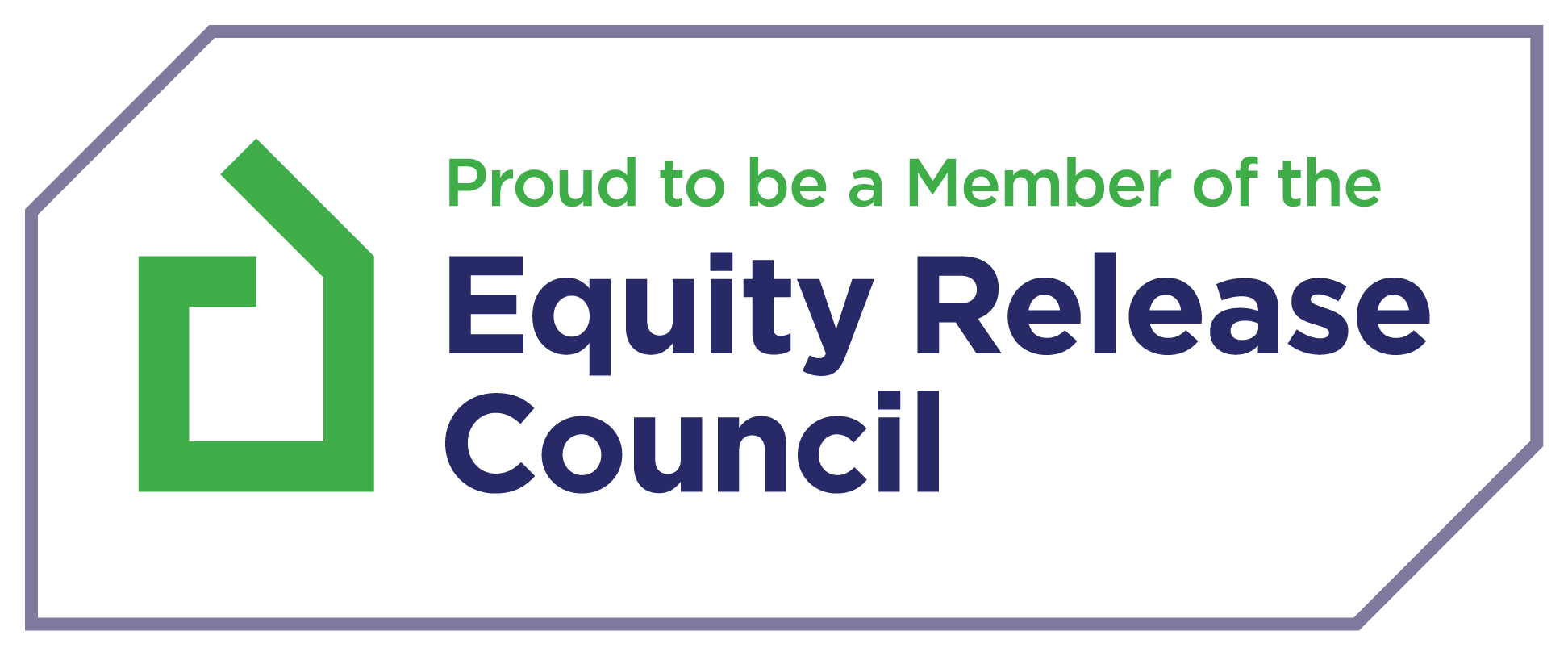
Check-in system failure
Mr Bennion and his wife instructed us to recover flight delay compensation from the TUI airways formerly known as Thompson. The amount of compensation claimed was to the sum of €250 per passenger. The reason our clients requested compensation was that their flight suffered a delay greater than 3 hours. The flight was to be operated by TUI on 22 September 2018 and it was scheduled to arrive at 10:55 UTC. The flight suffered a delay of 3 hours and 38 minutes. The reason for this delay was a check-in system failure at Verona airport (VRN).
The airline initially denied our clients’ claim due to Air Traffic Control Restrictions. However, when we informed our client of their response, he advised us that the information given was incorrect. Our client suggested that the delay was owing to a check-in system failure. We contacted the airline who changed their denial in line with the facts of the case. As the airline refused to raise compensation our client instructed us to commence court proceedings to escalate this matter.
Extraordinary circumstances and the Inherency Argument
After commencing court proceedings, TUI defended the case stating that they had no obligation to pay compensation. The airline noted that this was because the flight suffered a delay due to an extraordinary circumstance. The particular reason was that the check-in system failure was out of their control. They also stated that the event, in this circumstance, is unavoidable even if all reasonable measures in place. They noted that this was in line with Recital (14) of the Regulation.
Our stance was, that in order for this particular event to be classed as an extraordinary circumstance, the event could not be part of the normal everyday activity of the air carrier, and the check-in system is ‘indispensable to air passenger transport’ (As per Siewert v Condor see more here). The airline attempted to rely upon the argument that they subcontract the check-in system processes to a third party. In their opinion, they could not be held liable for the failure. Our stance was that the airline could rely upon this as Article 13 of Regulation 261/2004 clearly states:
The right to redress under EC 261/2004
Regulation (EC) No 261/2004 of the European Parliament and of the Council of 11 February 2004 establishing common rules on compensation and assistance to passengers in the event of denied boarding and of cancellation or long delay of flights, and repealing Regulation (EEC) No 295/91 – Article 13 right to redress
In cases where an operating air carrier pays compensation or meets the other obligations incumbent on it under this Regulation, no provision of this Regulation may be interpreted as restricting its right to seek compensation from any person, including third parties, in accordance with the law applicable. In particular, this Regulation shall in no way restrict the operating air carrier’s right to seek reimbursement from a tour operator or another person with whom the operating air carrier has a contract. Similarly, no provision of this Regulation may be interpreted as restricting the right of a tour operator or a third party, other than a passenger, with whom an operating air carrier has a contract, to seek reimbursement or compensation from the operating air carrier in accordance with applicable relevant laws.
Third-party versus the event
This point is also clarified within the case of Siewert v Condor. Within this case the question asked is:
“Are adverse actions by third parties acting on their own responsibility and to whom certain tasks that constitute part of the operation of an air carrier have been entrusted to be deemed to be extraordinary circumstances within the meaning of Article 5(3) of Regulation No 261/2004?”
Paragraph 11, Order of the Court (Fifth Chamber), 14 November 2014.
Sandy Siewert and Others v Condor Flugdienst GmbH. In Case C‑394/14,
The court answered this question by bringing the issue back to the nature of the event. The Court said they were not required to look at who caused the incident or who had the responsibility in avoiding the event from occurring.
The hearing at Luton County Court
Upon hearing the case the court decided that the airline had not brought enough evidence to satisfy their defence that an extraordinary circumstance had occurred. The only issue that courts could, therefore, deal with was whether the failure of the third party check-in system was indispensable to air passenger transport.
The District Judge then ruled in favour of our client.
If you have had a flight delay, cancellation or you have been denied boarding. you may be able to claim. Please see our guide.


